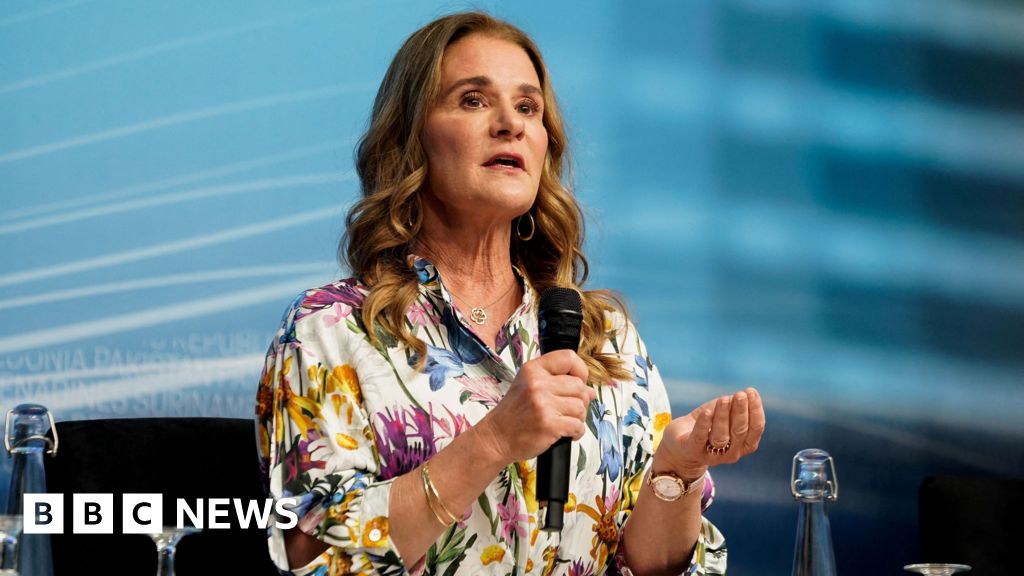AMSTERDAM, Nov 23 (Reuters) – A shock win for Geert Wilders’s far-right, anti-EU Freedom Party in Dutch elections has set the stage for months of uncertainty.
No party has won more than 25% of the vote, so forming a new coalition to succeed that of Mark Rutte, one of Europe’s longest-serving leaders, is likely to drag on. It took 299 days to appoint the outgoing government.
The Freedom Party’s anti-EU stance and positions, which include strict curbs on immigration and higher taxes on banks, may challenge the Netherlands’ business-friendly image, analysts said. Dutch bank stocks fell on Thursday.
Wilders’ party, which for years had been excluded by others, is “being taken more seriously as a coalition partner, but people are still in a bit of a wait-and-see mode if this is going to be successful,” said Marcel Klok, economist at ING.
The question is what policy concessions will be made to form a government.
“So uncertainty is definitely a factor going forward,” Klok said.
Here are four key questions for markets:
1/ HOW WORRYING IS WILDERS FOR THE EU?
The Netherlands under Rutte has been a key player in the European Union and is a big contributor to the EU budget, so a win for a party that wants a referendum on leaving the bloc is unsettling.
However, Wilders took a more pragmatic approach during the campaign and he will need to collaborate with pro-EU parties if he wants to govern. The euro was unfazed, up 0.3% on Thursday.
2/ IS PENSION FUND REFORM UNDER THREAT?
Opponents of a critical pension fund reform, which went into effect in July, now have a majority in parliament. The reform will see the 1.5 trillion-euro ($1.64 trillion) Dutch pensions sector, the European Union’s largest, move new, as well as accrued, savings to a defined contribution system that no longer promises benefits.
Wilders’ party wants to reverse the reform, while the New Social Contract party, a newcomer that finished fourth and is critical to forming a coalition, wants fund participants to be given a choice on whether they switch to the new system.
“If they did decide to stay within the old system, that will be quite impactful for financial markets,” Bas van Zanden, senior pension analyst at Rabobank, said.
The new system is expected to see pension funds shift investments away from safe assets like government bonds to riskier assets, so the modifications would mean fewer asset changes.
But the longer it takes to form a government, the less likely these changes are, as some pension funds will transition in 2025, Rabobank’s van Zanden added.
3/ WHAT’S AT STAKE FOR BANKS?
Banks bore the brunt of market jitters on Thursday, with ING (INGA.AS) and ABN AMRO (ABNd.AS) falling as much as 2%.
A majority in the outgoing parliament recently backed higher taxes on banks, sending shares in lenders tumbling.
The law, which critics say will hurt the competitiveness of the sector, still has to be approved by the Dutch senate and Wednesday’s election isn’t expected to stand in the way of that.
There is broad support for raising taxation on banks, including from Wilders’ party, which also backs taxing lenders’ windfall profits from higher interest rates.
But given the recent tax hike, that “does not necessarily mean that they would want a new instrument,” ING’s Klok said.
The Dutch market regulator will also investigate the country’s savings market, where, as across Europe, deposit rates have not reflected the rise in central bank rates.
“If they see this is due to the… quite low competition in the banking landscape in the Netherlands, a new government might think about measures to deal with this,” said Joost Beaumont, head of bank research at ABN AMRO.
4/ WHAT HAPPENS TO GOVERNMENT SPENDING?
Known as the leader of “frugal” European countries, the hit from the pandemic and energy crisis pushed Rutte’s outgoing government to implement the most expansionary spending policy in recent Dutch history, according to ING.
ING expects a new government to maintain similar spending policies, as party pledges, on average, lead to a structural budget deficit of around 3% of GDP by 2028, similar to that forecast under current policy.
($1 = 0.9168 euros)
Reporting by Yoruk Bahceli; editing by Amanda Cooper and Toby Chopra
Our Standards: The Thomson Reuters Trust Principles.

/cloudfront-us-east-2.images.arcpublishing.com/reuters/S7HFSNHAJZMRTJ7E7BEYUHA7XY.jpg)



